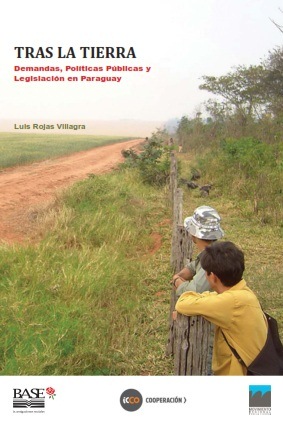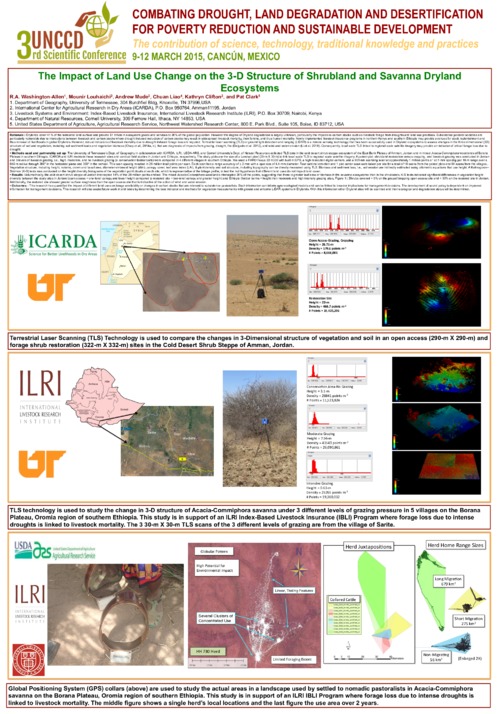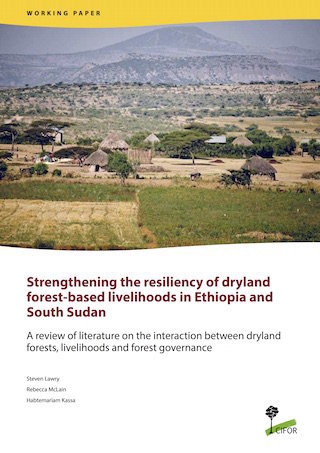Climate change and land degradation: Bridging knowledge and stakeholders
The UNCCD 3rd Scientific Conference, held from 9 to 12 March 2015 in Cancún, Mexico, used a novel, participatory approach to explore the various forms of knowledge that link biophysical and social systems, the vulnerabilities of these systems and potential pathways to reach sustainable land management.









